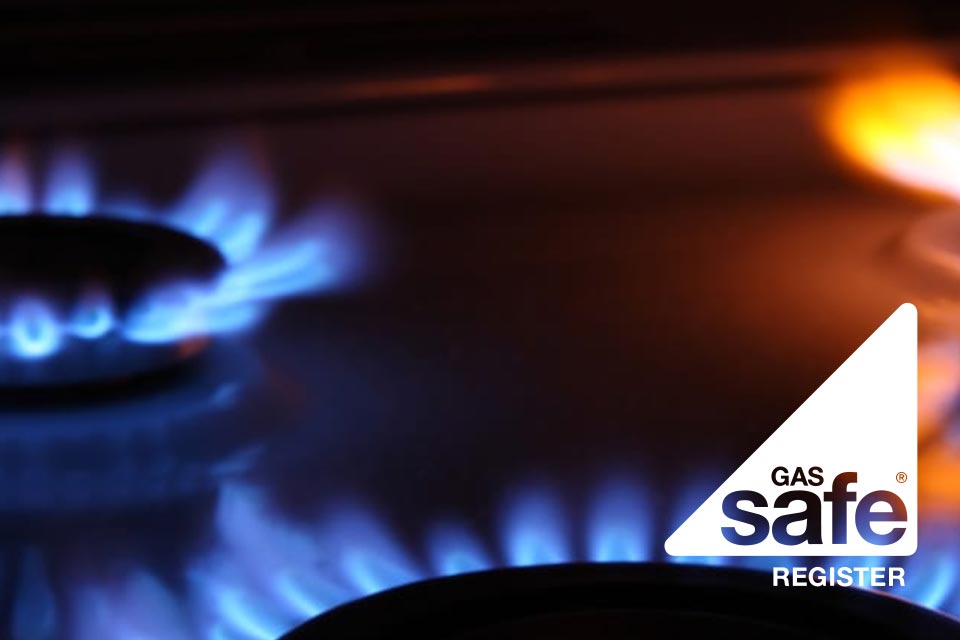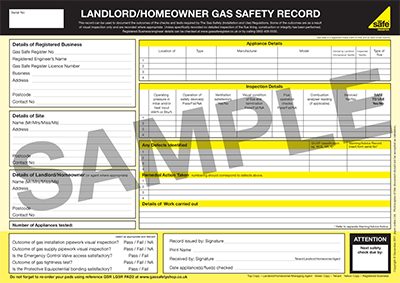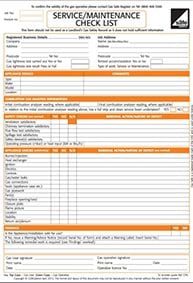Don’t leave it to chance – unchecked appliances could pose a risk. All gas appliances in your property need to be safety checked by a Gas Safe registered engineer annually and serviced according to manufacturer’s instructions. Any appliance left unchecked could leave you at risk of carbon monoxide poisoning. It’s an extremely good idea to have your gas pipework inspected at the same time as having a gas safety check, every year – and it’s law if you’re a landlord. If you notice any of the following warning signs, you’ll want to get your appliance serviced right away:
• The gas appliance is not working properly
• The appliance is burning with a lazy yellow flame rather than a crisp blue one
• Black marks/stains are evident around the gas appliance
• The pilot light keeps going out
• There is increased condensation in the room

How it works
2. Trace
Our engineer will visit your property, view your gas supplies and trace the issue.
3. Rectify
The engineer will tell you the problem, and fix on site or order parts then revisit.
4. Test
Your gas is then tested and a gas safe certificate is provided and signed by the engineer.
Types of Tests
CP12 Gas Safe Testing
Also known as a "Landlord Gas Safety Record Form."

CP12 Gas Safety Check Requirements
- Gas fittings and flues must be maintained in a safe condition.
- Gas appliances should be serviced annually, following the manufacturer's instructions.
- A gas safety check must be conducted on each gas appliance/flue.
- Records of the safety check must be provided to the tenant within 28 days and kept by the landlord for 2 years.
History of CP12
The CP12 certificate was originally known as "CORGI Proforma 12" when CORGI (Council for Registered Gas Installers) managed gas safety checks. In 2009, the Gas Safe Register replaced CORGI.
CP6 Gas Safety Testing


